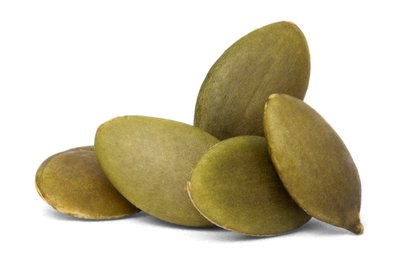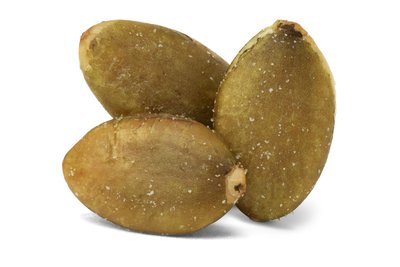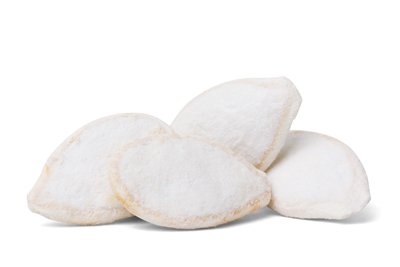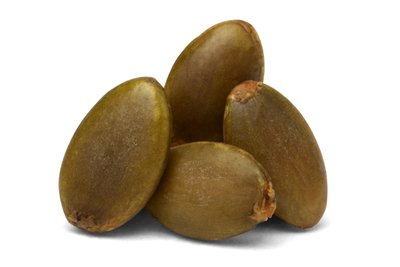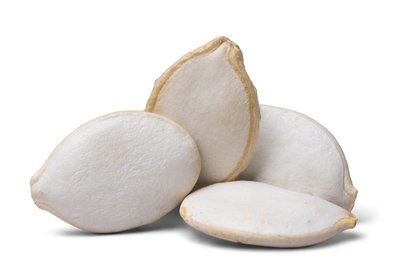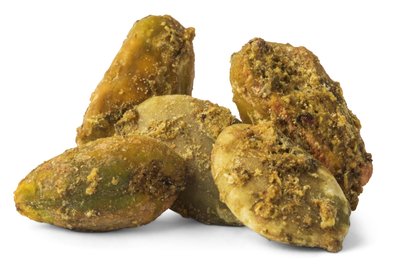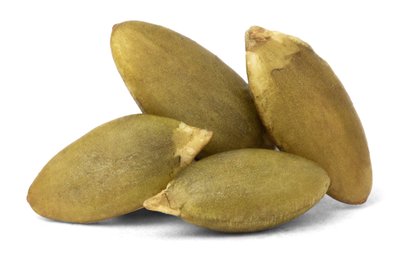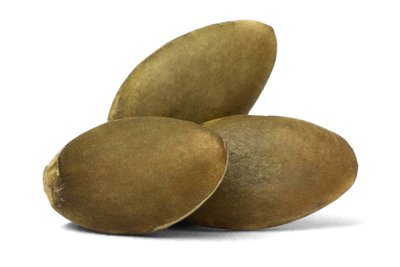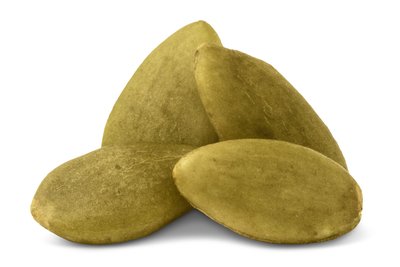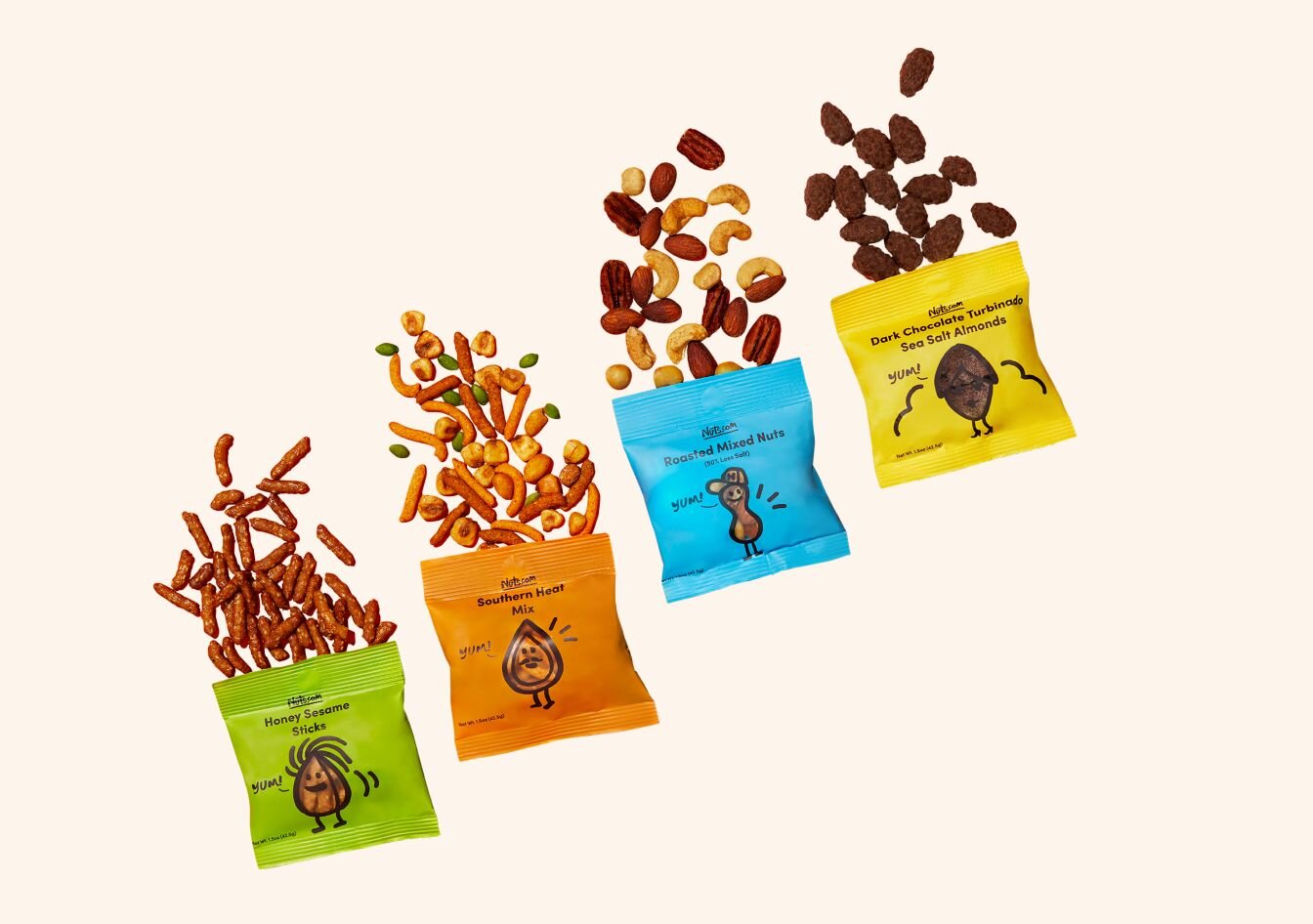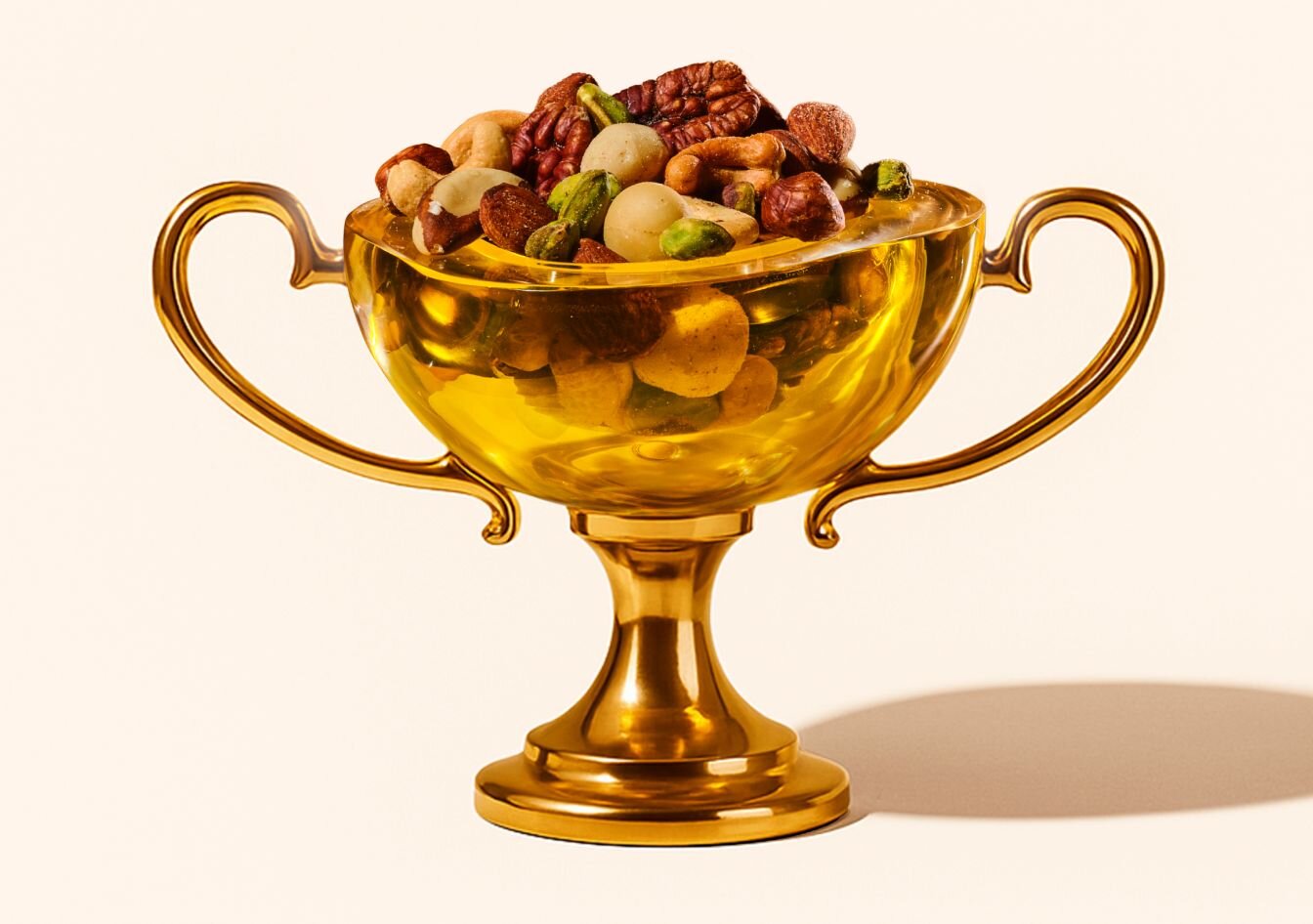Pumpkin Seeds
Sort by:
About Pumpkin Seeds (Pepitas)
Pumpkin seeds are commonly referred to as pepitas, which is Spanish for “little squash seeds.” Historically, pumpkin seeds were revered among Native Americans and used for both dietary and medicinal purposes; in fact, there is evidence to suggest that pumpkin-like seeds were domesticated as far back as 10,000 BC in Mexico. Today, pumpkin seeds have a wide range of culinary applications; they are a critical ingredient to the Mexican sauces mole and pipián, and pumpkin seed oil is commonly used in European cuisine. The smooth nutty taste and rich nutrient profile of pumpkin seeds also makes them a popular packaged snack in the United States.
Health Benefits of Pumpkin Seeds
- A Healthy Snack: Pumpkin seeds are a rich source of protein, dietary fiber, iron, potassium, and other nutrients. A one-ounce serving of pumpkin seeds contains nearly 20% of the Daily Value (DV) for magnesium and zinc, and 10% of the DV for copper. Magnesium supports cardiovascular health and the formation of strong bones, while zinc plays an important role in supporting the immune system. Copper helps maintain a healthy inflammatory response and supports the production of oxygen-rich blood cells.
- Cholesterol-Lowering: Pumpkin seeds are a naturally rich food source of phytosterols, compounds that have been linked to reducing LDL “bad” cholesterol levels. Phytosterols naturally occur in certain foods, including pumpkin seeds. A 2005 study published in the Journal of Agricultural Food Chemistry found that pumpkin seeds had one of the top three highest phytosterol contents among nuts and seeds in the United States.
- Alkaline-Forming: To maintain balanced pH levels in your body, it is recommended that the diet consist of 70-80% alkaline-forming foods and 20-30% acid-forming foods. Pumpkin seeds are the only seeds that are alkaline-forming, making them an excellent addition to overly acidic diets. Studies indicate that consuming alkaline-forming foods may benefit cardiovascular health, maintain strong bones, and enhance brain function.
- Regulate Blood Sugar Levels: Consuming pumpkin seeds may help control insulin levels. A 2010 study published in the Journal of Diabetes and Its Complications found that a diet supplemented with pumpkin seed and flax mixture improved blood sugar regulation and antioxidant activity in diabetic rats.
Uses of Pumpkin Seeds
Add crunch to an ordinary salad with a handful of roasted pepitas.
Liven up a soup or stew with the addition of crunchy pumpkin seeds.
Mix them into a granola or trail mix for a nutrient boost.
Use them to add a delightful texture to a homemade rice pudding.
Baked goods and cookies can benefit from a crunchy cluster of crumbled pepitas.
Stir them into oatmeal and cereals for added flavor.
Whip up a pumpkin seed brittle by combining the kernels with sugar and honey.
Toss pepitas in the food processor to create a creamy and delicious pumpkin seed butter.
Sprinkle pepitas on top of chicken and veggie dishes for a finishing touch.
Any of our pumpkin seed varieties make a healthy and tasty snack just as they are!
Pumpkin Seeds Storage
For maximum freshness, store pumpkin seeds in a cool, dry place such as a pantry for up to one month. If the pumpkin seeds haven’t been consumed within this timeframe, store them in the refrigerator, where they can be kept for up to two months. If you plan to keep the seeds for longer, transfer the original package to a heavy duty freezer bag and store them in the freezer for up to six months.



